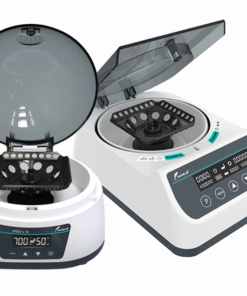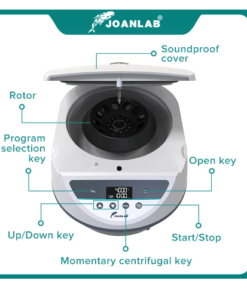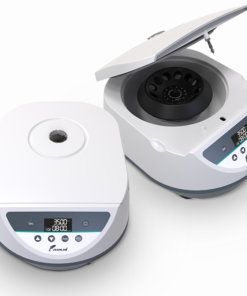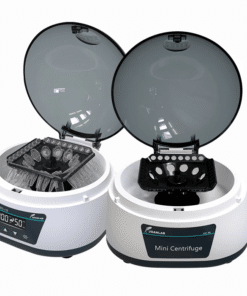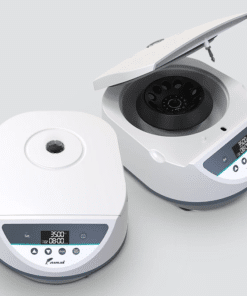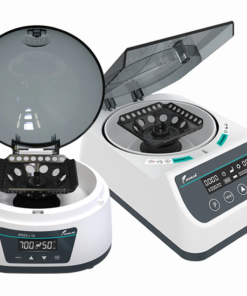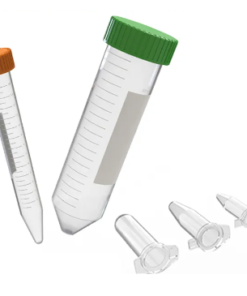Centrifuge Lab: A Spin on Separation
A centrifuge lab is a specialized laboratory equipped with various types of centrifuges. These machines are used to separate substances based on their density by applying centrifugal force. This technique is widely used in various scientific fields, including biology, chemistry, and medicine.
Key Equipment in a Centrifuge Lab:
- Centrifuges: These come in various types, including:
- Microcentrifuges: Compact and ideal for small-scale separations.
- High-Speed Centrifuges: Used for higher speeds and larger sample volumes.
- Ultracentrifuges: For extremely high speeds, used in advanced research.
- Rotors: Different types of rotors are used to hold various sample tubes and accommodate different centrifugation techniques.
- Centrifuge Tubes: These tubes are made of various materials like plastic or glass and come in different sizes and shapes.
- Pipettes: Used for precise measurement and transfer of liquids.
- Micropipettes: For very small volume measurements.
- Balances: For accurate measurement of sample weights.
- Refrigerators and Freezers: For storing samples at specific temperatures.
Common Applications of Centrifuges in Labs:
- Cell Separation: Separating different cell types based on their density.
- Protein Purification: Isolating specific proteins from complex mixtures.
- DNA and RNA Isolation: Separating nucleic acids from other cellular components.
- Drug Discovery: Separating and purifying drug compounds.
- Clinical Diagnostics: Analyzing blood samples to diagnose diseases.
Safety Considerations in a Centrifuge Lab:
- Proper Training: All lab personnel should be trained in the safe operation of centrifuges.
- Balanced Loads: Ensure that the centrifuge is balanced to prevent vibrations and accidents.
- Rotor Selection: Choose the appropriate rotor for the specific application.
- Lid Locking: Always ensure the centrifuge lid is securely locked before starting.
- Emergency Procedures: Have a plan in place for emergencies like power outages or equipment failures.
- Personal Protective Equipment (PPE): Wear appropriate PPE, such as lab coats, gloves, and safety goggles.
By understanding the principles of centrifugation and adhering to safety protocols, researchers can effectively utilize centrifuge labs to advance scientific knowledge and improve human health.
Would you like to know more about a specific aspect of centrifuge labs, such as different types of centrifuges or their applications in a particular field?
Centrifuge Lab
Centrifuge Lab
Centrifuge Lab
Centrifuge Lab
Centrifuge Lab
Centrifuge Lab
Centrifuge Lab
Centrifuge Lab





